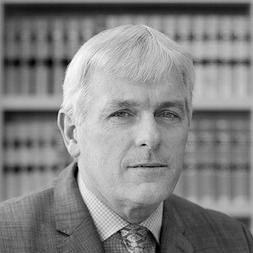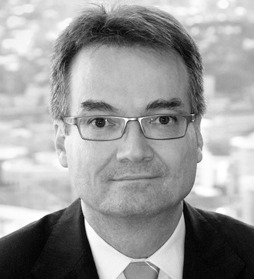Beaven v Wagner Industrial Services Pty Ltd [2017] QCA 246
List member Richard Douglas QC appeared for the appellant. List member Geoffrey Diehm QC appeared for the respondent. Neither had appeared at the trial.
The appellant was a truck driver who suffered a prolapsed disc in the course of his employment with the respondent. He alleged that the respondent had breached a duty of care by not training him in techniques such as avoiding awkward postures.
The appellant led no direct evidence on the subject of his training, or lack of it, but submitted that a statement in the expert ergonomist’s report should be taken to provide proof of the fact that he was given no training. The statement was:
“In regard to manual handling training Mr Beaven could not recall any training session and no input regarding the avoidance of applying efforts at full reach nor any input in regard to stressful postures.”
It is generally accepted that a party who fails to object to inadmissible hearsay evidence contained in a document which is admissible as original evidence will have waived its right to limit its use. In this case both Fraser and McMeekin J examined the proposition that this principle applies to statements of asserted facts in an expert’s report.
Both judges stated that in most cases, statements in expert reports upon which the expert’s opinion is based are admissible as part of the foundation upon which the expert bases an opinion, but not as evidence of the truth of the fact asserted in the statement. The facts must be proven by some other evidence. The judges noted that, consistent with this, the Uniform Civil Procedure Rules 1999 (Qld) requires an expert to identify the factual bases of the expert opinion.
McMeekin J doubted the principle would apply, but found that even if it did the statement in question established only that the appellant had no recollection of training four years after the incident.
McMeekin J, Fraser and Philippides JJA agreeing, dismissed the appeal.
See the judgment here: https://www.sclqld.org.au/caselaw/QCA/2017/246



